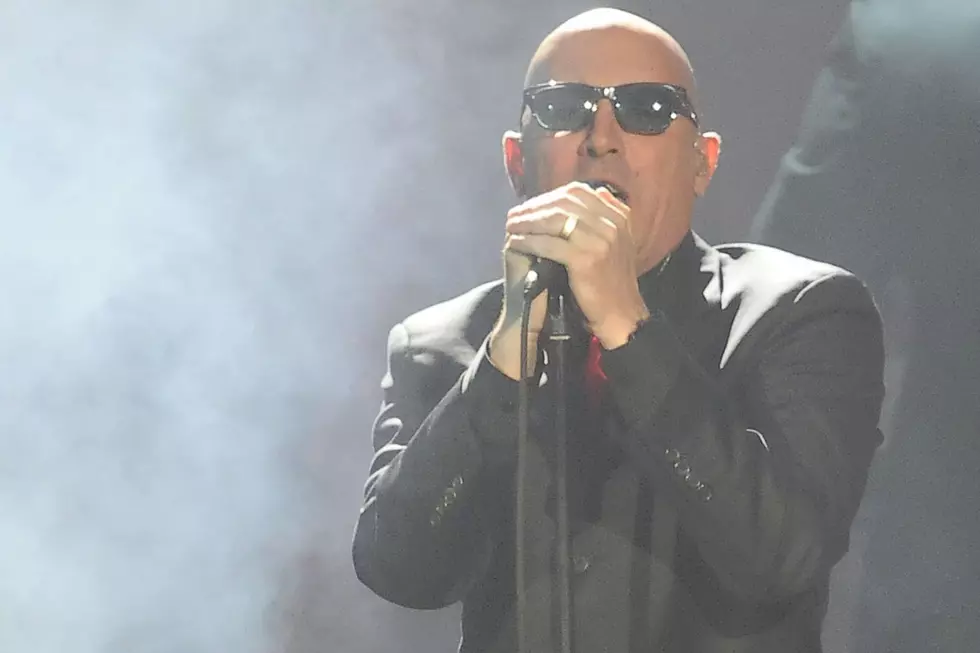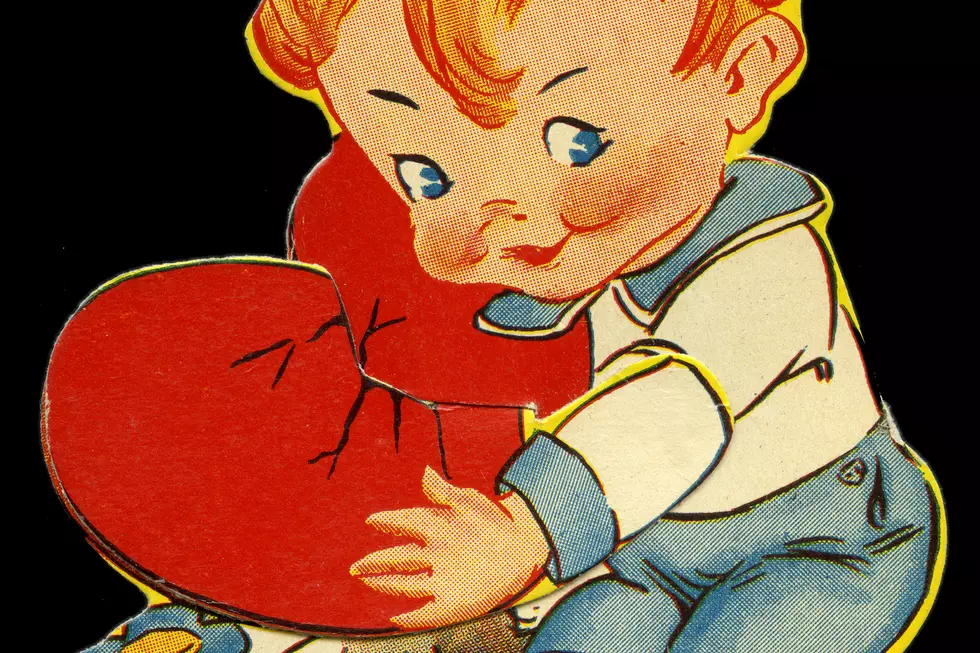
If Taylor Swift Pulls All Her Music From Spotify, Will Others Follow?
In our recent chat with Cracker frontman David Lowery, he told us that that the only way the music industry can bounce back from its current state is if "smaller niche independent artists" remove their albums from streaming services like Spotify. According to his numbers (and he is a trained mathematician after all), "You only need one out of every 200 people to buy your album as opposed to stream your album. You only have to reach 1/200 of the people to make the same amount of money."
While she will never, ever, ever, ever be considered a smaller niche independent artist, it looks as though country-turned-pop superstar Taylor Swift heeded his advice. Today (Nov. 3), Spotify announced that Swift removed all of her music from the streaming empire. "Nearly 16 million of [our users] have played her songs in the last 30 days," the service detailed in a news piece. "We hope she'll change her mind and join us in building a new music economy that works for everyone."
While we're not so naive to think Swift actually read our interview with Lowery (but we can dream, right?), there is speculation that Swift's move -- or more accurately, her record label's move -- is to create the most financially secure future possible.
How does removing Spotify from various outlets do that?
Well, first look at her brand-new album that hit the streets last week, '1989.' It's not available on any streaming service and it's impossible to find it on YouTube -- and it will likely sell one million copies in its debut week. The removal of her old music from Spotify only makes those albums more valuable -- all of those fans (16 million, according to Spotify) who might've never bought the physical item, who relied on Spotify to listen to Swift's music, will now have to pick up her albums if they want to keep listening. And if we know Swift's fans like we think we do, sales of her catalog will skyrocket in the coming days.
And, looking ahead, any new album that Swift puts out will likely receive the same treatment; she's setting a precedent for her fans that her music is important enough to spend money on. It worked with '1989,' it'll probably work with her previous albums and it will no doubt work for whatever is to come.
So, with her bold move and Lowery's prophetic advice, will other artists follow suit? U2 inserted 'Songs of Innocence' in your iCloud, Radiohead's Thom Yorke explored new venues for his new solo music with BitTorrent, the Black Keys kept 'Turn Blue' away from Spotify -- you can't even buy Tool's music on iTunes. Who's next?
As a fan, do you feel slighted when an artist won't mass release music, or do you go wherever you have to go to get your hands on it? Let us know in the comments section below -- we think this will turn into a fascinating, and constant, conversation.
More From Diffuser.fm









